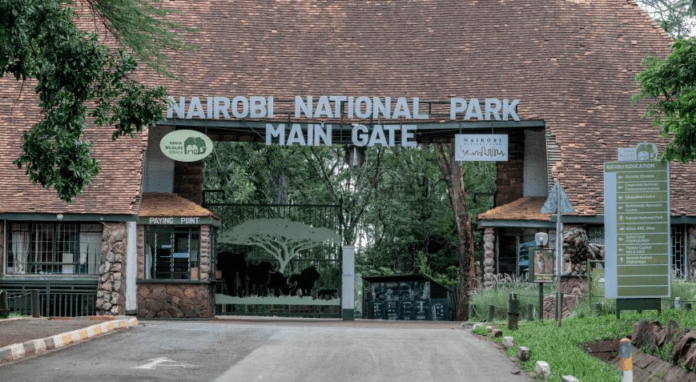The government, through the Ministry of Tourism and Wildlife, has called on Kenyans to submit their views on proposed regulations that could see park entry fees rise significantly for both locals and foreign visitors.
In a public notice issued on Tuesday, July 15, the ministry invited tourism industry stakeholders, wildlife conservation groups, and the general public to give feedback on the Wildlife Conservation and Management (Access and Conservation) (Fees) Regulations, 2025.
The proposed regulations outline revised fees for access to national parks, reserves, marine parks, sanctuaries, and other protected areas across the country.
According to the ministry, the regulations and accompanying Regulatory Impact Statement—which outlines the rationale and projected outcomes of the changes—can be accessed online through the Ministry of Tourism and the Kenya Wildlife Service (KWS) websites.
“Physical copies are also available at all KWS-managed parks, reserves, and stations across the country, free of charge,” read part of the statement.
In addition to written submissions, the ministry announced it would hold public forums in 18 locations nationwide, including Nairobi, Mombasa, Kisumu, Eldoret, Nakuru, Homa Bay, and Kitale to ensure inclusive participation in the law-making process.
Proposed Fee Changes
The proposed hike is backed by elasticity modelling and marginal revenue analysis, which show that non-residents—who are less price-sensitive—could face a 50 to 60 per cent increase in park entry charges.
Currently, non-residents pay Ksh7,770 (USD 60) to access premium parks such as Amboseli and Lake Nakuru. Under the new proposal, this would rise to about Ksh12,423.
Entry to wilderness parks like Tsavo East and West, currently priced at Ksh6,700 (USD 52), would rise to Ksh10,748.
For Kenyan citizens, who are generally more price-sensitive, a maximum increase of 50 per cent is being considered. Entry to Nairobi National Park, for instance, would rise from Ksh430 to Ksh645, while Amboseli and Lake Nakuru would increase from Ksh860 to Ksh1,290.
The government says the move is necessary to align park fees with the growing cost of conservation and the need to improve infrastructure and services within protected areas.
KWS, which currently collects Ksh7.41 billion annually from park fees, projects that revenues could rise to Ksh16.58 billion by 2028 if the new pricing model is adopted.
If implemented, this would mark the first comprehensive review of park entry fees in 18 years, a shift that could reshape Kenya’s wildlife tourism economy.







